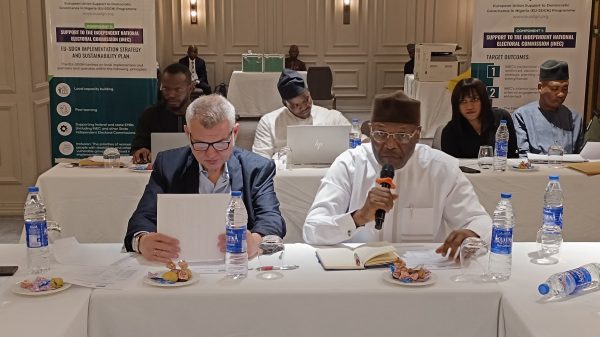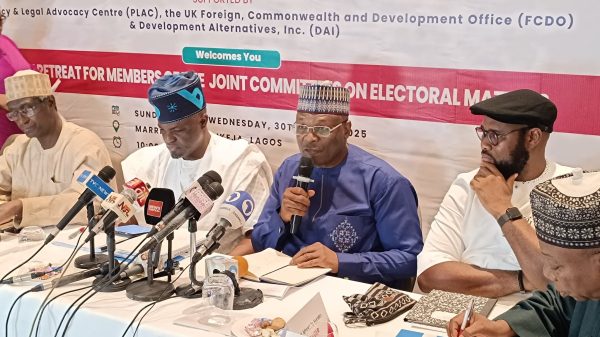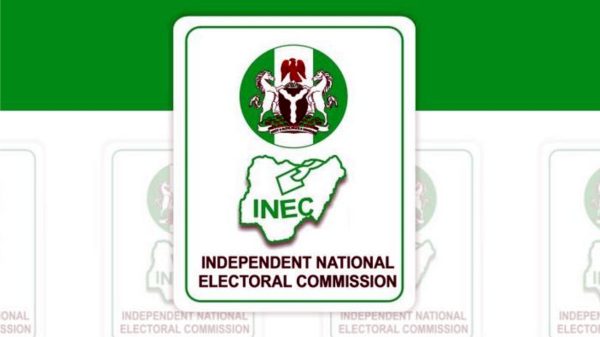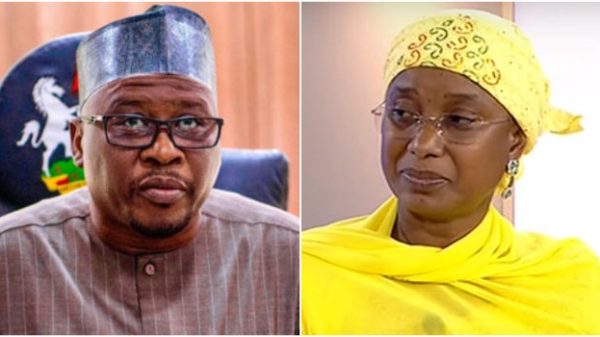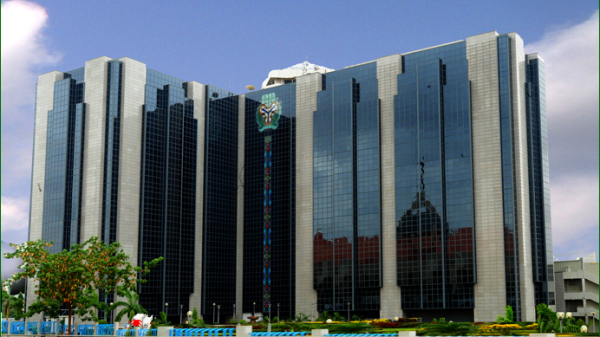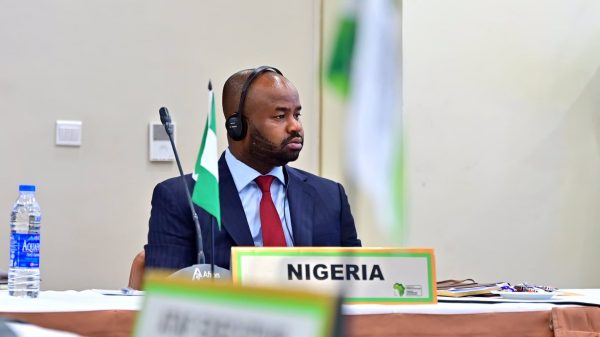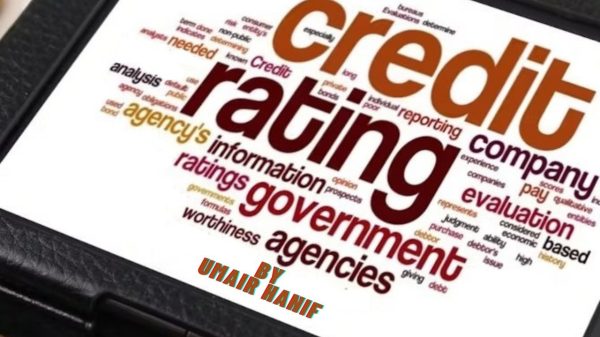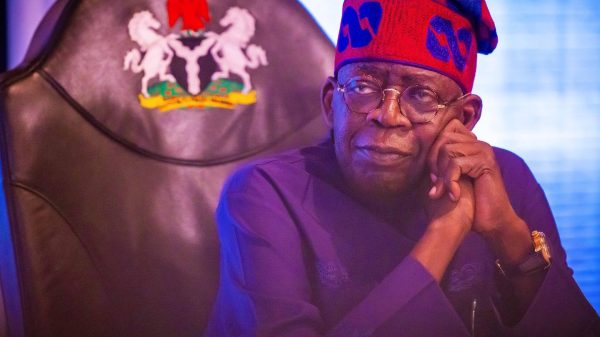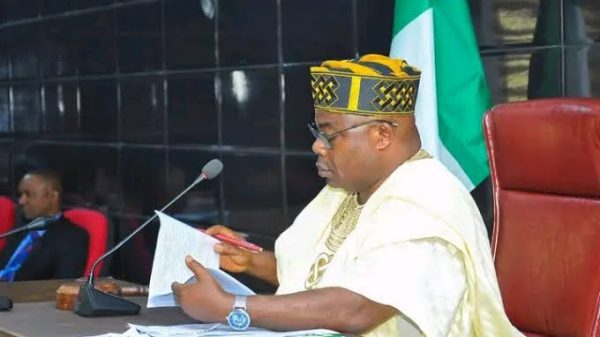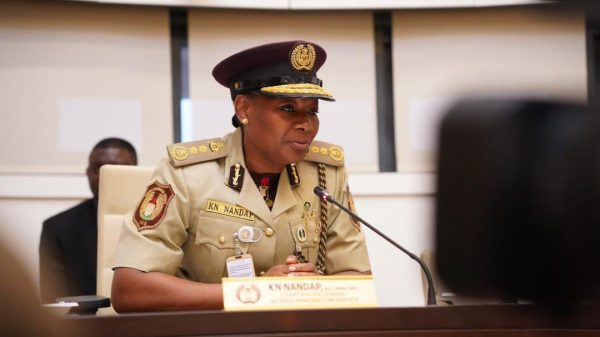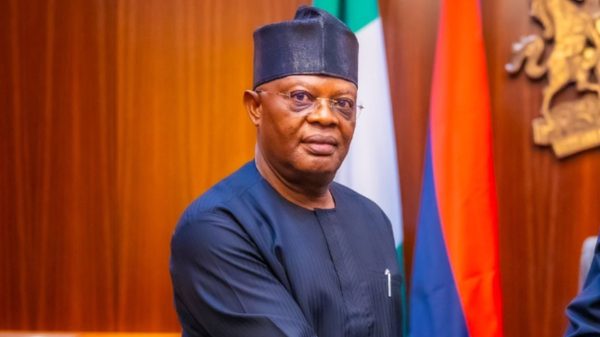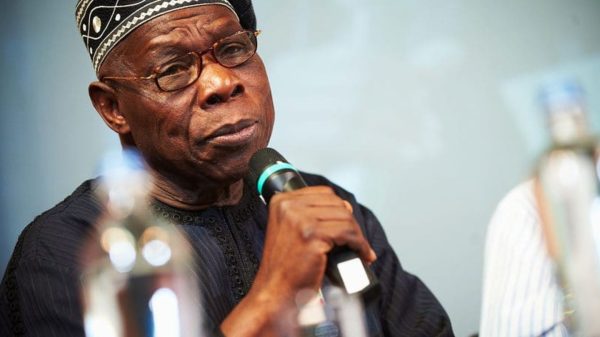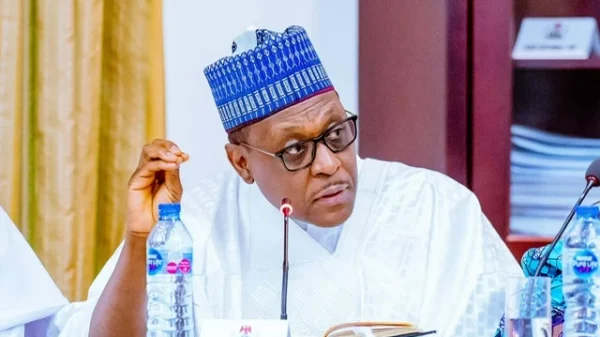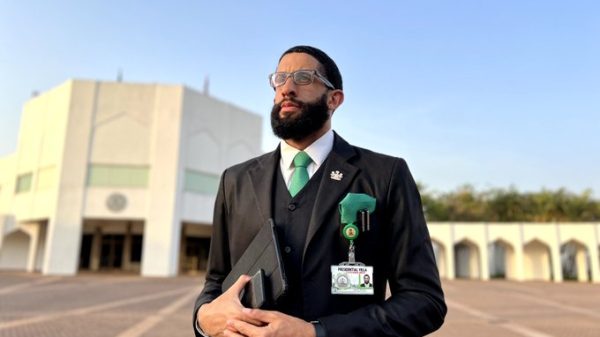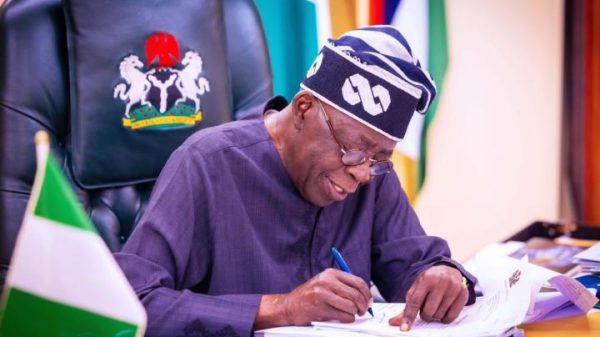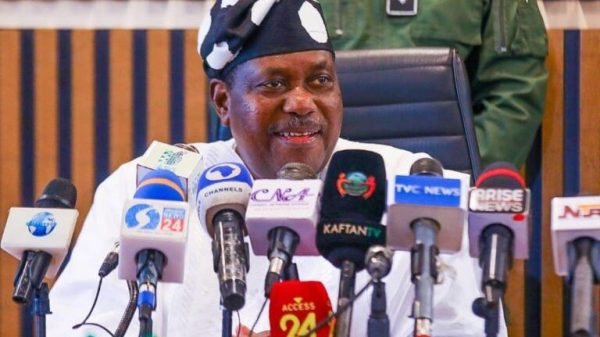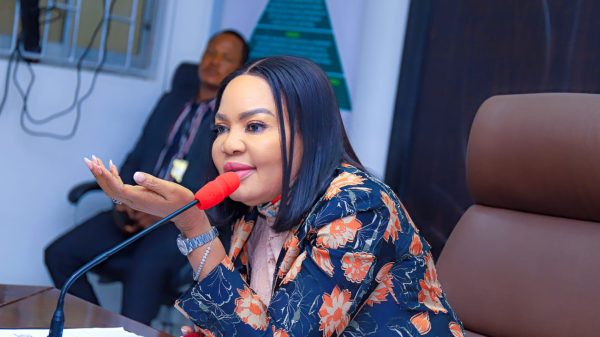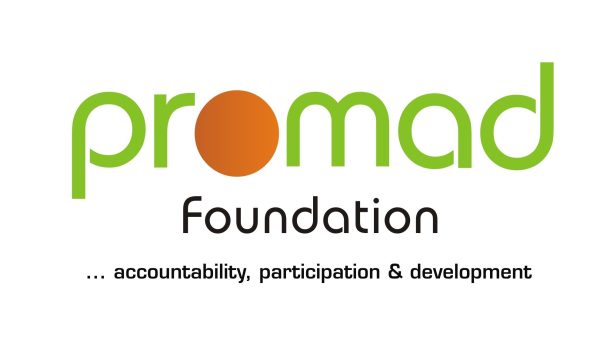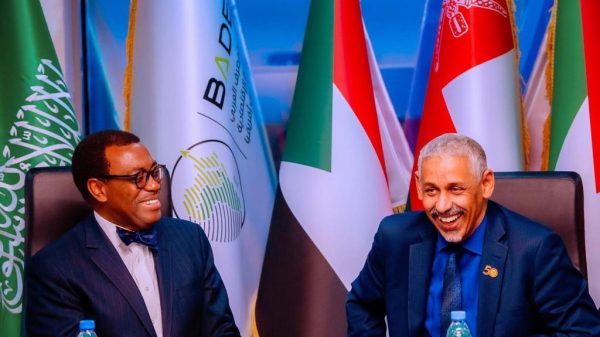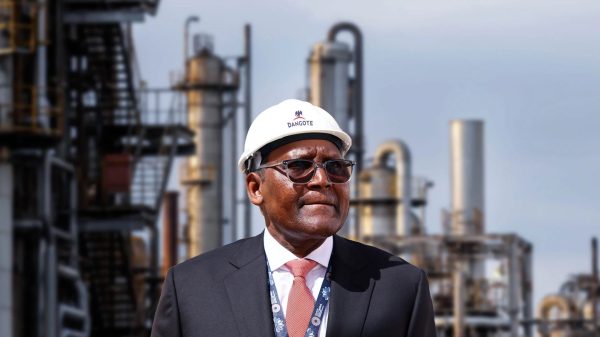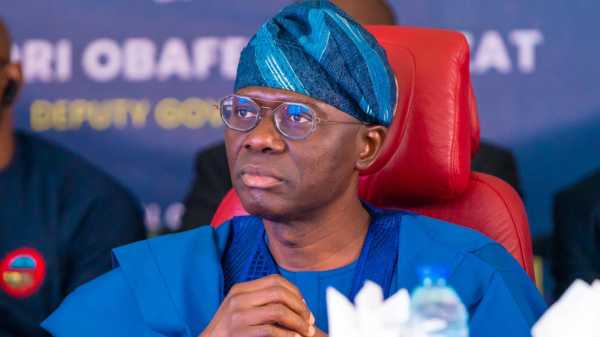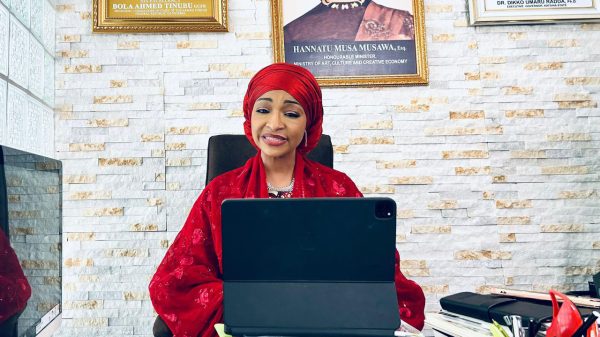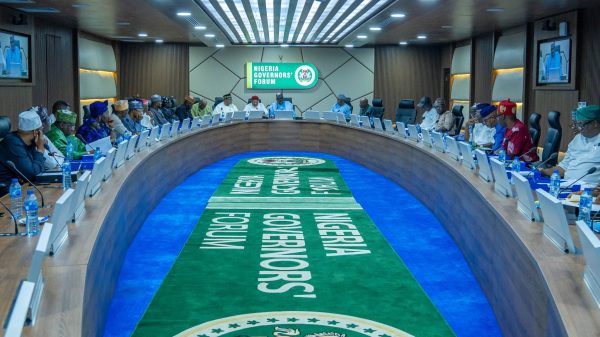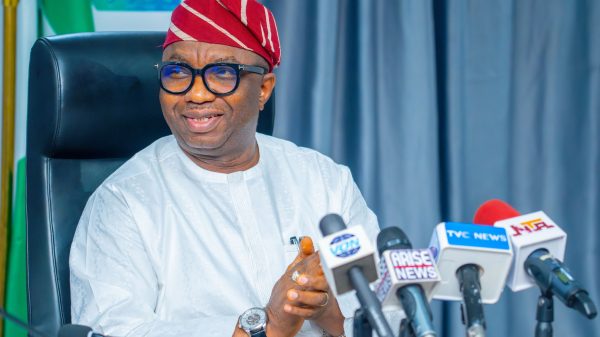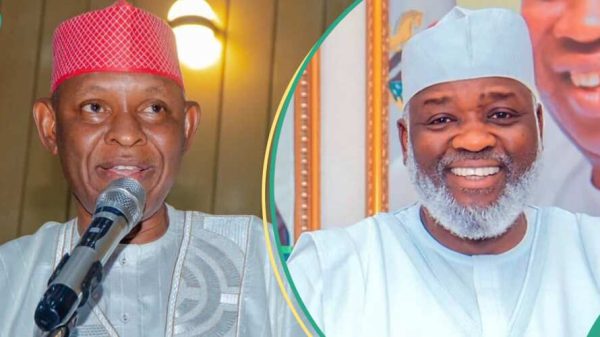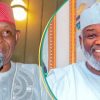Technocrat Media Nigeria
ABEOKUTA – Aliko Dangote, the President, Dangote Group, says media practitioners and journalists should embrace professionalism and high ethical standard in the discharge of their duties.
He spoke in Abeokuta at the end of a three-day training for journalists from across the South-West geo-political zone in the country.
The three-day training with the theme “The Convergence Journalism” organized by Folio Media and Creative Academy, is sponsored by the Dangote Group, News Agency of Nigeria (NAN) reports.
Dangote, who was represented by Sunday Esan, the Senior General Manager, Branding and Communication, Dangote Industries Limited, said the role of the journalists was very critical in society.
He said that both the governed and the government relies solely on the media for information to better society.
The renowned businessman said media practitioners should always stick to their professional ethics in order to meet the yearnings and aspirations of society.
Dangote said that his conglomerate had sponsored the training to prepare journalists for modern day expectations in view of the evolution of social media.
Some resource persons at the training also advised journalists to cultivate entrepreneurial spirit and skills in the use of new technology to remain relevant in the industry.
They urged practitioners not to lose sight of marketing their job, while professional ethics remained sacrosanct.
Dr Victor Ogwezzy, a Communication and Brand Management expert, said marketing in the media was everybody’s business without which any media organisation would survive.
Ogwezzy, who is the Chief Responsibility Officer of B2B Matrix Limited, said media practitioners should be mindful of their personal survival and that of their organisation.
He recounted how some newspapers bothered less about the marketing side of the business, adding that such newspapers are presently off newsstands and their workers were thrown into the unemployment market.
Ogwezzy said journalists also have the responsibility to ensure that contents in their newspapers, radio, and television are good enough to attract a quality audience.
He added that some media organisations’ inability to pay their workers could be partly attributed to the non-recognition of the seriousness and importance of marketing in the media.
Dr Jide Johnson, a seasoned media practitioner, underscored the importance of the media in society, saying no one can do without the media.
Johnson, the Director, Special Programmes at the Nigerian Institute of Journalism (NIJ), said Journalism today thrives much in technology, making journalists global correspondents.
He said that journalists should be conscious of the huge responsibility bestowed on them by the Constitution.
According to him, the constitution provides that the media should hold the government accountable for its actions and serve as the voice of the people.
Johnson warned journalists against being too emotionally attached to their employers, but learn to develop their own blogs.
He urged media practitioners to see social media as a tool to be deployed for efficiency and effectiveness as doing otherwise will impact negatively on their job.
Lekan Otufodunrin, a media career development specialist, stressed the importance of new media in journalism and the need for practitioners to rise to the occasion.
Otufodunrin regretted that some media practitioners still delude themselves by thinking they are gatekeepers, arguing that social media had since opened access to information.
“Without using social media functionally, some of us will soon be irrelevant in the media profession. With social media, some of us can be bigger brands than the companies we work for.
“There is more to social media than social, it’s a professional tool for the new age journalists,” he said.
He explained that the use of social media was not an option for modern-day journalists or media professionals, saying it could make or mar their progress in the profession.
Otufodunrin said that publishing online without using social media would not give them maximum reach for their content.
“There is more to social media than sharing your content; you need to engage with the content of others. Social media platforms are now one of the major sources of information we need as journalists.
NAN






